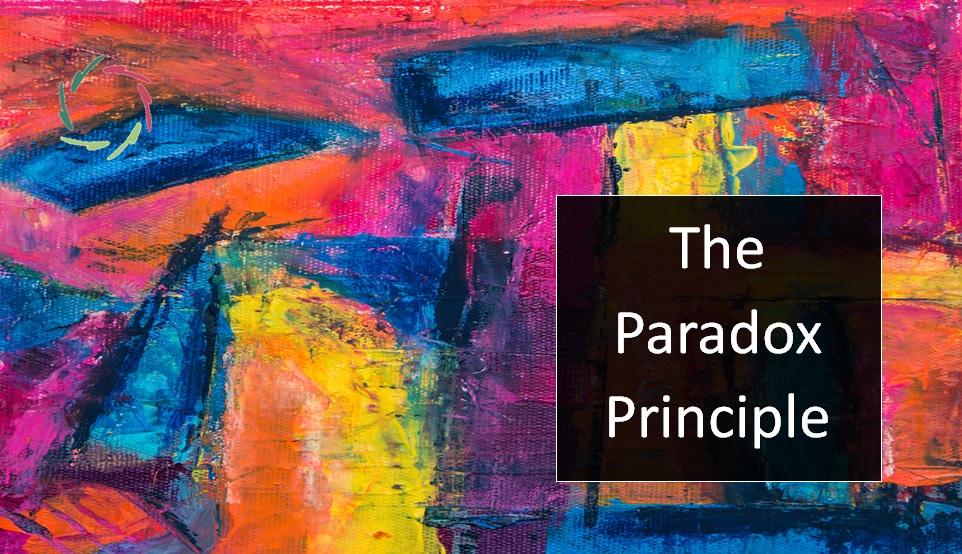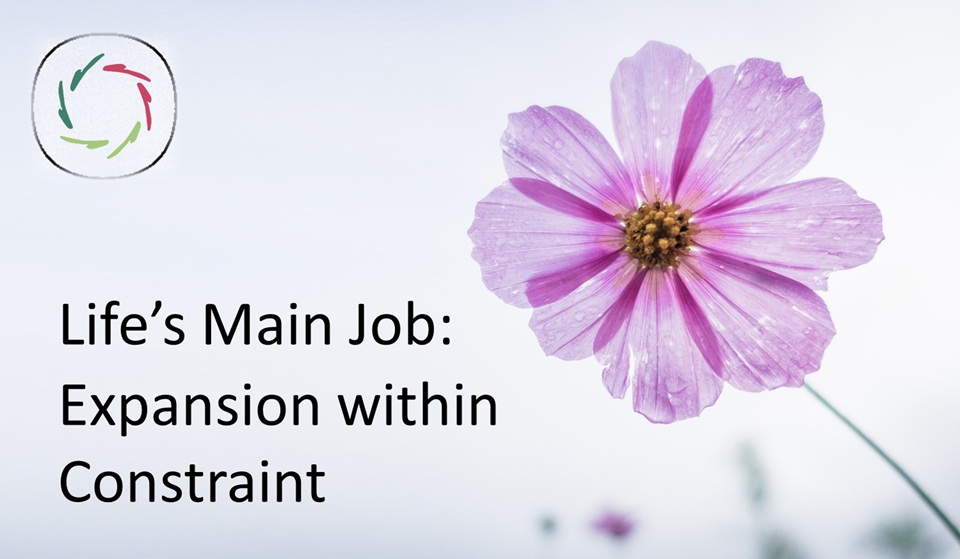Two Meanings of ‘Meaning’

The difference mainly involves ‘depth’.
Two meanings that should not be confused.
These are:
- What one can find in a dictionary – the formal definition
- What ‘deeply touches’ someone – poetry, art, religion, loved ones, or an important memory
The former definition by itself does not ‘deeply touch’ a person.
It is the domain of concepts as mental constructs with necessary and sufficient characteristics – no emotional involvement is needed. [see: ‘About Concepts’]
The latter definition encompasses what most view as most important in being human
despite the fact that it is not tangible in most cases. In order to differentiate between the two definitions, this may be called the deeper meaning. Note that things do not by themselves have ‘deeper meaning’. There is always a very complex person involved. The degree to which meaning is ‘deeper’ is always related to the ‘depth’ of the person themselves. As long as one remains at the level of purely conceptual thinking, there can be no ‘depth’ involved as a matter of principle.
A modern digital computer can be seen as a purely conceptual device.
In contrast, a human being is not a type of computer, nor is the human mind a software program. The relevant difference lies in how our mind goes beyond concepts. For instance, one can conceptually analyze a poem to the minutest degree, but one does not therefore explain what is ‘poetic’ about it. The poetry resides at the subconceptual level, where there are no ‘necessary and sufficient characteristics’, and therefore no concepts at all strictly speaking. Yet, it is here that all we hold nearest and dearest apparently originates.
‘Deep’ is, of course, hard to define.
Utterances such as “I am deeply in love.”, “This touches me deeply”, “I have a deep concern about the present issue.”, “I have deep faith in this project.”, “They have a deep belief in God.”, “She had a deep longing.” and “He was deeply motivated to achieve success.” all bear witness to this. What these examples all have in common is that ‘deep’ is – among other things – about letting go of what can be delineated in a straightforward manner.
As we delve more ‘deeply’ into something, it:
- becomes more difficult to communicate conceptually
- seems to relate more to many other things
- ‘moves’ us easily, particularly as we ‘understand’ it more
- seems to become more ‘active’ in the back of our minds
- feels as if it is an integral part of us – we would be diminished or different if it no longer existed
- is more naturally described using metaphorical language
- invokes physical reactions more readily
- demands empathic ‘openness’ in order for us to understand and be understood
- becomes a long-lasting layer of feeling and thought that influences our life.
Thus, ‘deep’ in most cases transcends the purely conceptual.
[see About ‘Subconceptual’]
Poetry is about ‘depth’, with its multiple layers of explanation and unexpected associations, use of symbolic language, and ability to ‘touch’ the reader profoundly without them understanding conceptually why this happens. This has huge implications – little explored – for instance, when trying to ‘deeply’ motivate people to stop smoking or eat less. An essential problem in this may be the transparency of the psyche – and particularly of non-conscious processes.
An age-old human intuition is that ‘deeper meaning’ plays a very important role in sickness and in health.
We see this in sayings such as ‘a broken heart’, ‘it gets on my nerves’ and so on. Recent developments in the field of psychoneuroimmunology and functional syndromes (formerly ‘psycho-somatics’) over the last few decades have given additional support to this intuition.
AURELIS
can also be theoretically understood as a quest to develop the role of deeper meaning in health and healing.


